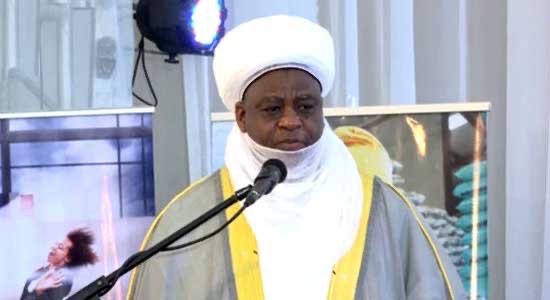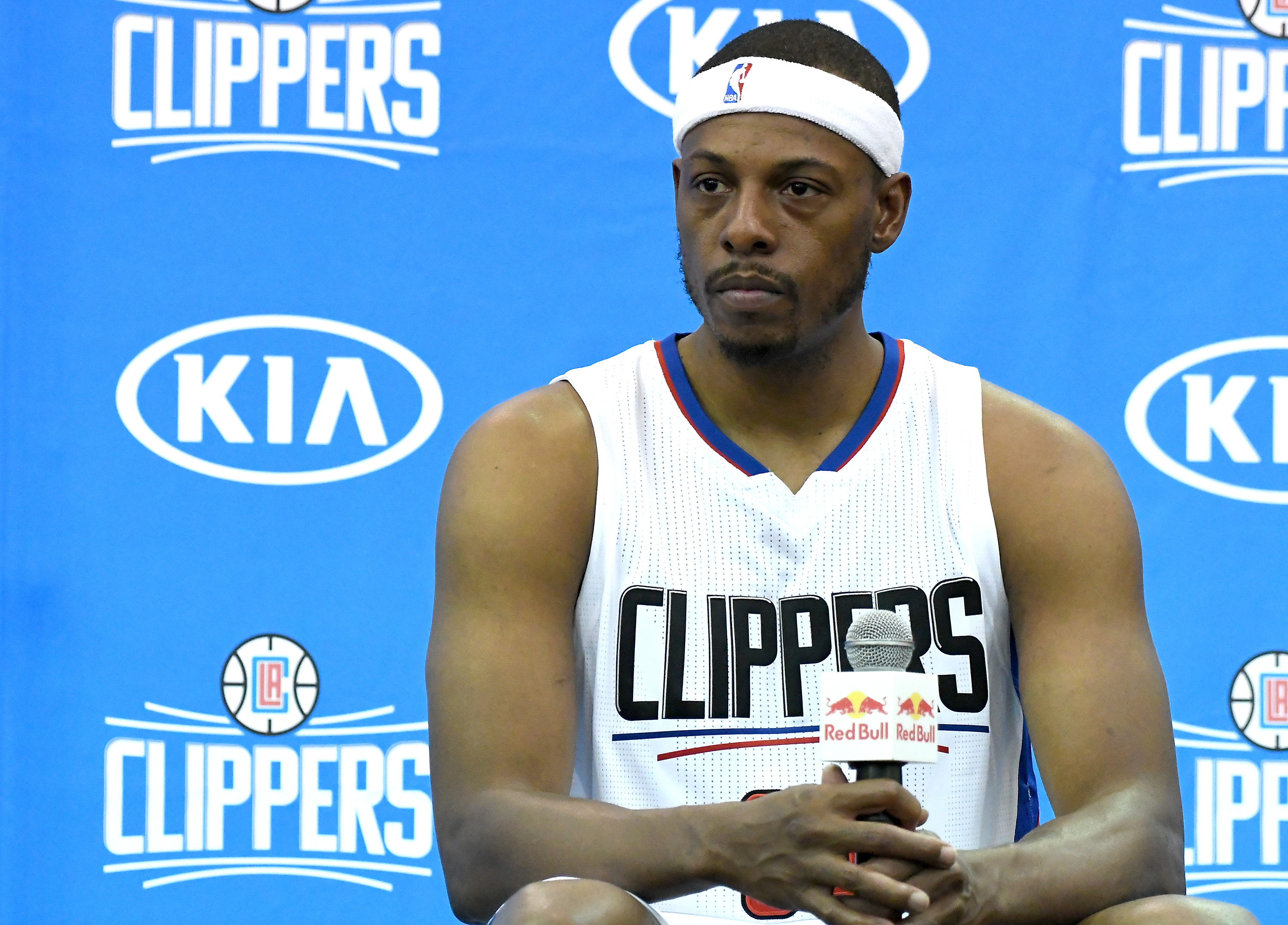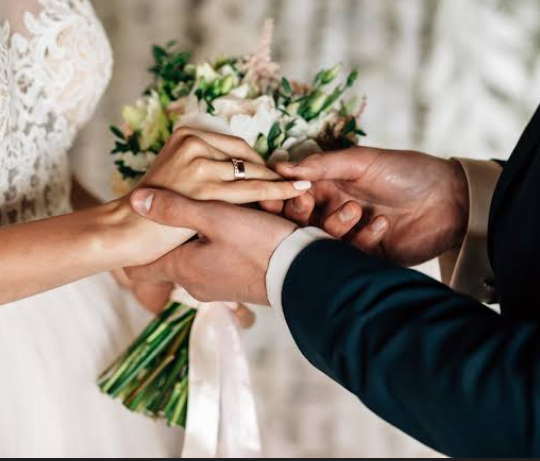
Sultan of Sokoto Calls for Social Media Regulation to Curb Division and Abuse in Nigeria

Nigeria’s Sultan of Sokoto, Alhaji Muhammad Sa’ad Abubakar III, has called for regulation of social media use in the country to curb what he described as “rampant misuse” fueling hatred, division, and moral decay, especially among religious scholars and youths. The appeal came during an Ulama forum in Kaduna on October 15, 2025, where he addressed Islamic clerics, policymakers, and traditional leaders on the state of national security and unity.
The Sultan, who serves as the spiritual head of Muslims in Nigeria, urged religious figures to set a moral example in how they engage online, warning that unverified and inflammatory content often worsens ethnic and sectarian tensions. “Social media has become a double-edged sword — it can unite us, but in the wrong hands, it destroys values, peace, and mutual respect,” he said, calling on government and faith-based organizations to work together in crafting ethical digital guidelines.
His remarks, confirmed by Daily Trust and Punch Newspapers, come amid a growing national conversation on northern insecurity, misinformation, and online radicalization, particularly in regions where extremist narratives have thrived through unregulated digital channels. The Sultan emphasized that while freedom of speech is enshrined in Nigeria’s Constitution under Section 39, such liberty “should not be abused to harm others or destabilize the nation.”
The call immediately ignited intense debate online. Many Nigerians on X (formerly Twitter) rejected any form of regulation, viewing it as a disguised attempt by political or religious elites to stifle dissent and limit free expression. One viral reply read, “They want to regulate speech, not hate — it’s always the first step before censorship.” Others, however, supported the Sultan’s position, arguing that unchecked online abuse, fake news, and hate speech have fueled unrest, cyberbullying, and even violence across the country.
Analysts note that the Sultan’s intervention underscores the ongoing clash between traditional authority and digital freedom in modern Nigeria. Social media platforms like X, Facebook, and TikTok have empowered millions of Nigerians — especially youths — to demand accountability, mobilize protests such as #EndSARS, and challenge state narratives. Yet they’ve also become battlegrounds for misinformation and character assassination, often blurring the line between activism and anarchy.
Globally, countries from Kenya to India have faced similar dilemmas, balancing citizens’ right to free expression with the need to prevent online harm. In Nigeria, the debate carries extra weight given the government’s failed 2021 Twitter ban, which drew international backlash for silencing critics under the guise of “national interest.”
As the Sultan’s comments ripple through the national discourse, experts caution that any future regulation must prioritize transparency, accountability, and inclusivity, ensuring that online spaces remain free but responsible. Whether Nigeria can strike that balance — between digital liberty and moral discipline — may define the next phase of its democratic evolution in an increasingly connected age.
— BusterBlog.com | National Affairs Desk


